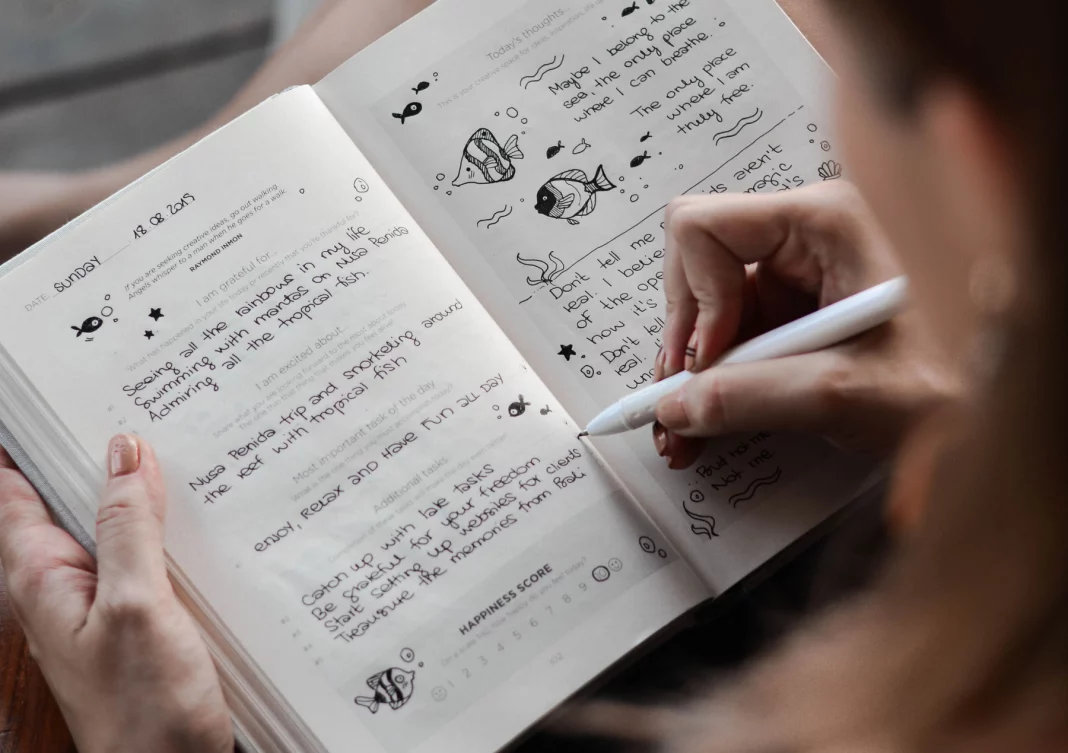Introduction
In a fast-paced world filled with digital distractions and constant demands, finding a moment of introspection can be challenging. Journaling, a time-tested practice, offers a sanctuary for self-reflection, goal-setting, and personal growth. In this comprehensive guide, we’ll delve into the how to start journaling, exploring its benefits, different approaches, and practical tips for beginners.
Why Journaling Matters
Journaling is more than just putting pen to paper; it’s a powerful tool for self-discovery and mental well-being. Numerous studies have shown that keeping a journal can reduce stress, enhance emotional intelligence, and promote mindfulness. By engaging in reflective writing, individuals gain insights into their thoughts, feelings, and behaviors, fostering a deeper understanding of themselves.
Getting Started: Selecting the Right Journal
The first step in embarking on your journaling journey is choosing the right medium for your thoughts. Whether it’s a classic leather-bound notebook, a digital journaling app, or even a combination of both, finding what resonates with you is crucial. Experiment with different formats until you discover the one that complements your style and preferences.
Traditional vs. Digital: Pros and Cons
Traditional Journals
Pros:
- Tangible and tactile experience.
- Aesthetic appeal of physical notebooks.
- Freedom to use different pens and artistry.
Cons:
- Risk of loss or damage.
- Limited searchability.
Digital Journals
Pros:
- Accessibility across devices.
- Search and organization capabilities.
- Enhanced security options.
Cons:
- Lack of tangible connection.
- Potential for digital distractions.
Establishing a Routine: Consistency is Key
To reap the full benefits of journaling, consistency is essential. Set aside dedicated time each day or week to engage in reflective writing. Whether it’s morning pages to start your day or evening reflections before bedtime, establishing a routine helps integrate journaling into your lifestyle.
Finding Your Rhythm
Morning Pages
Start your day with a stream of consciousness writing. This practice, popularized by Julia Cameron, involves three pages of unfiltered, free-flowing thoughts. It clears mental clutter and sets a positive tone for the day.
Evening Reflections
Cap off your day by reflecting on your experiences, challenges, and achievements. Identify what you’re grateful for and jot down any insights gained. This practice aids in processing emotions and promoting a restful sleep.
Unleashing Creativity: Beyond Words
Journaling isn’t confined to text alone. Embrace your creative side by incorporating visuals, sketches, and even collages into your journal. This multisensory approach can deepen your self-expression and make the journaling experience more enjoyable.
Creative Journaling Ideas
Visual Collages
Cut out images from magazines or printouts that resonate with your emotions or goals. Arrange them in your journal to create a visual representation of your aspirations.
Mind Maps
Use colorful markers to create mind maps that visually organize your thoughts and ideas. This technique is excellent for exploring connections between different aspects of your life.
Overcoming Challenges: Dealing with Journaling Blocks
Like any habit, journaling may face obstacles along the way. Writer’s block, lack of motivation, or a busy schedule can hinder your commitment. Recognizing these challenges and implementing strategies to overcome them is crucial.
Tips for Overcoming Journaling Blocks
Set Realistic Goals
Don’t pressure yourself to write a certain amount each day. Set achievable goals, even if it means jotting down a few sentences. Consistency matters more than quantity.
Use Prompts
If you’re unsure where to start, use prompts to kickstart your writing. There are numerous resources, both online and in books, that provide prompts tailored to various aspects of life.
Reflecting and Growing: The Long-Term Impact of Journaling
As you continue your journaling practice, take time to review your entries periodically. Reflect on your journey, celebrate milestones, and identify areas for growth. Journaling isn’t just a daily task; it’s a lifelong companion in your personal development.
Celebrating Milestones
Acknowledge and celebrate your achievements, no matter how small. Reflecting on your progress boosts motivation and reinforces positive habits.
Adjusting Your Approach
As life evolves, so should your journaling practice. Be open to experimenting with different styles, prompts, and formats. Your journal should adapt to your changing needs and priorities.
Conclusion
Embarking on a journaling journey is a personal and transformative experience. By selecting the right journal, establishing a consistent routine, unleashing your creativity, overcoming challenges, and reflecting on your growth, you can unlock the full potential of this powerful practice. As you embark on this journey, remember that journaling is a flexible and personal endeavor – make it your own, and let it be a source of inspiration and self-discovery.










